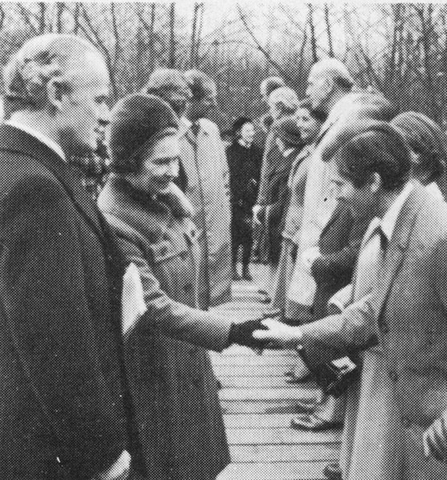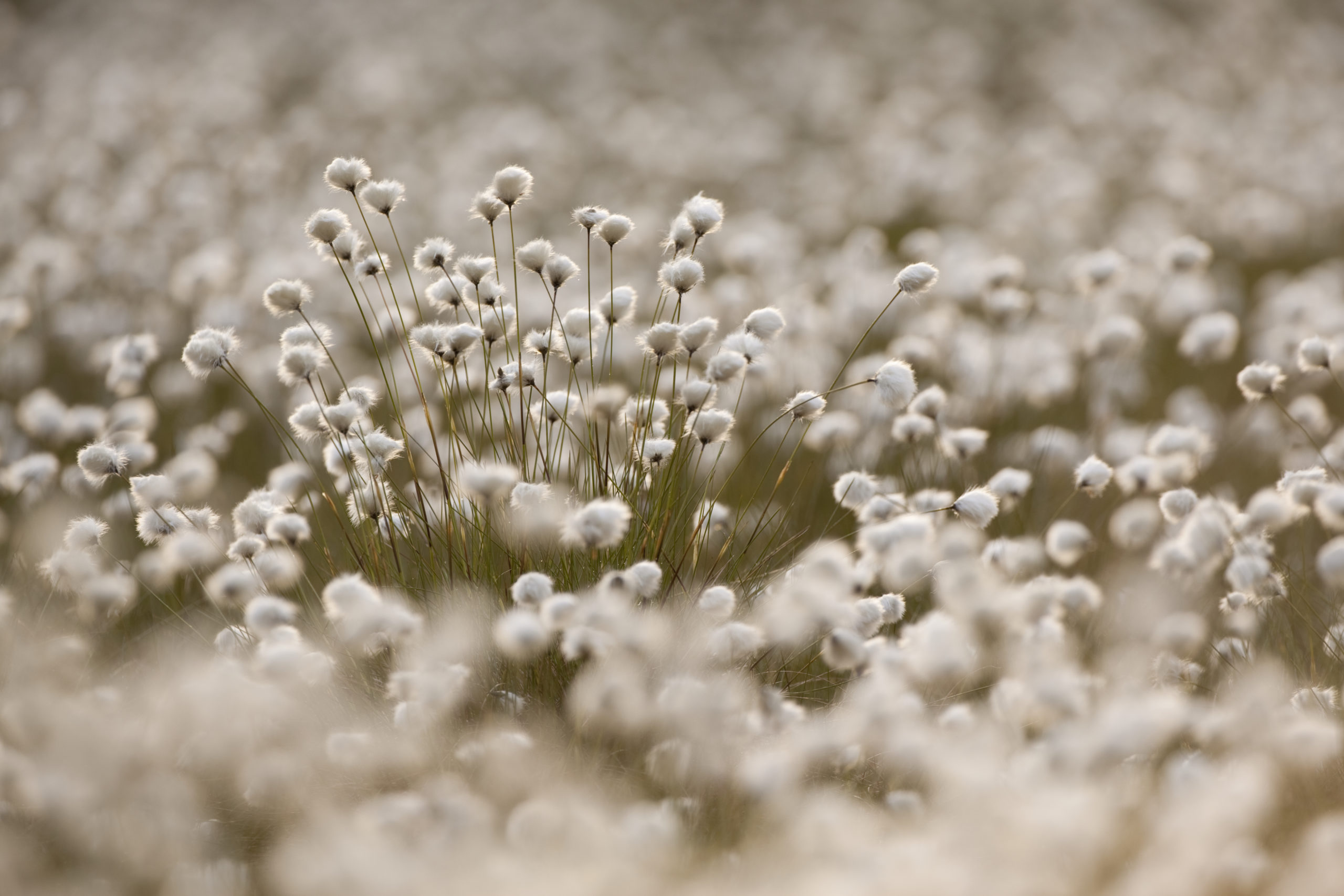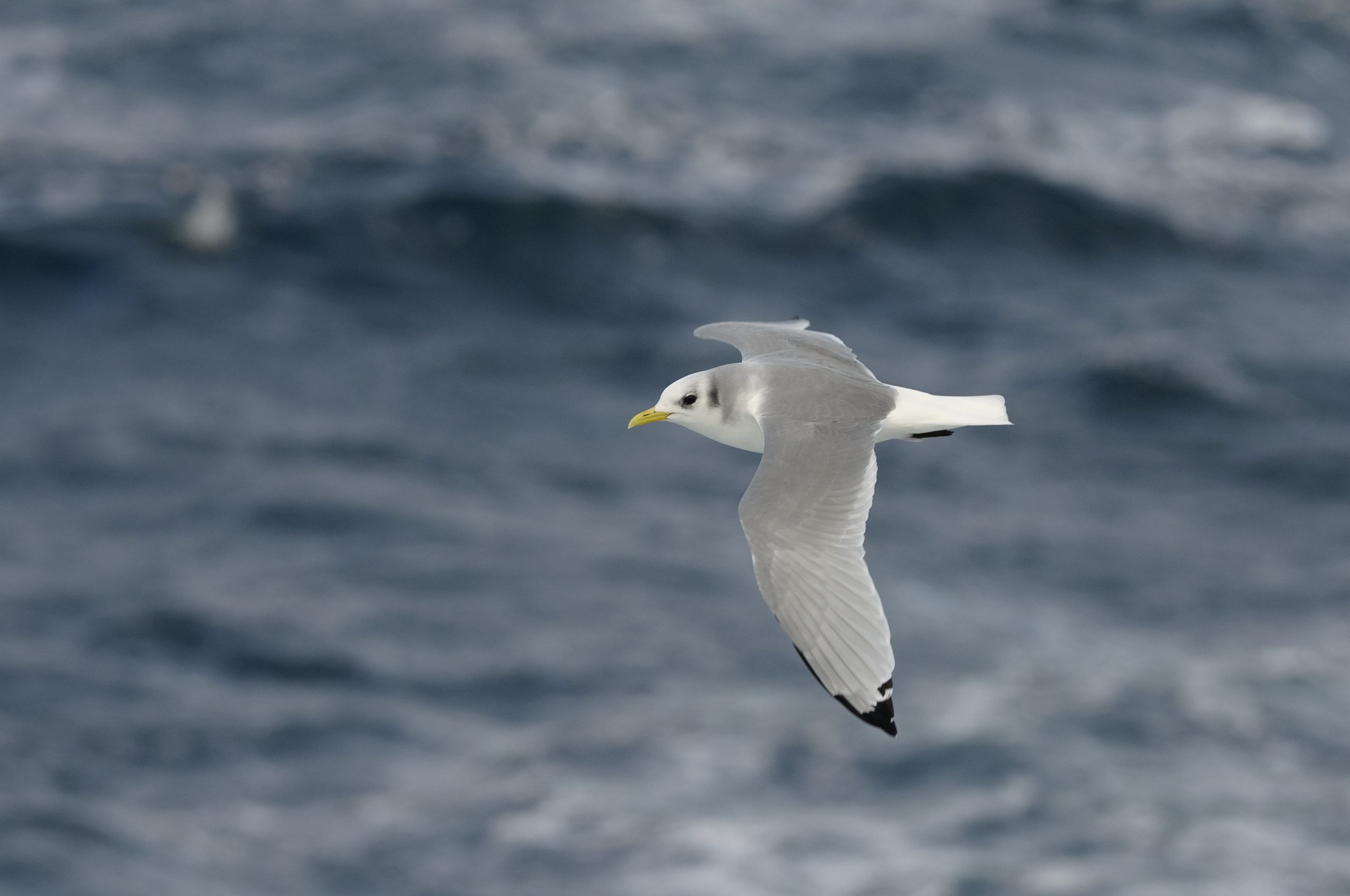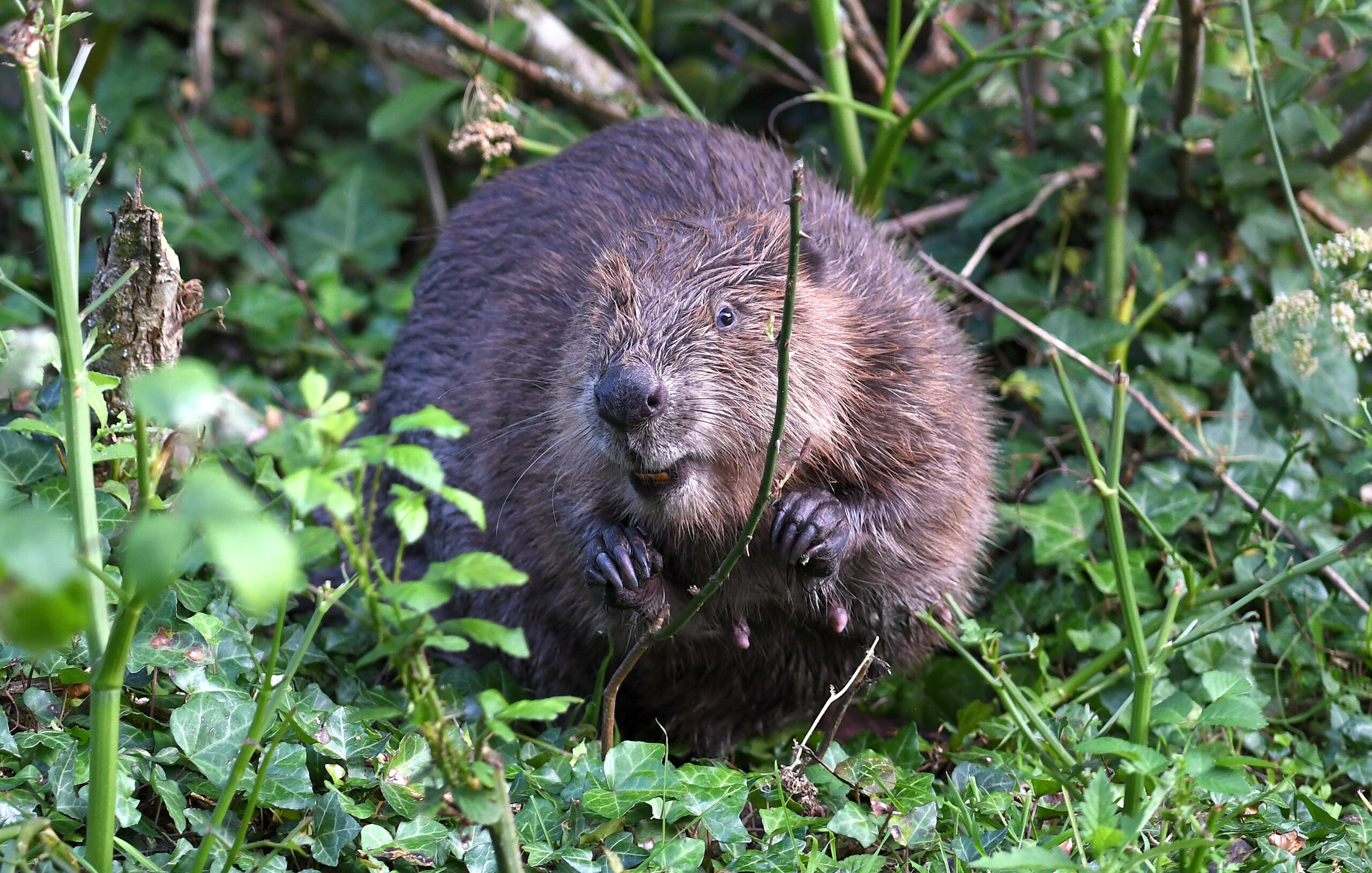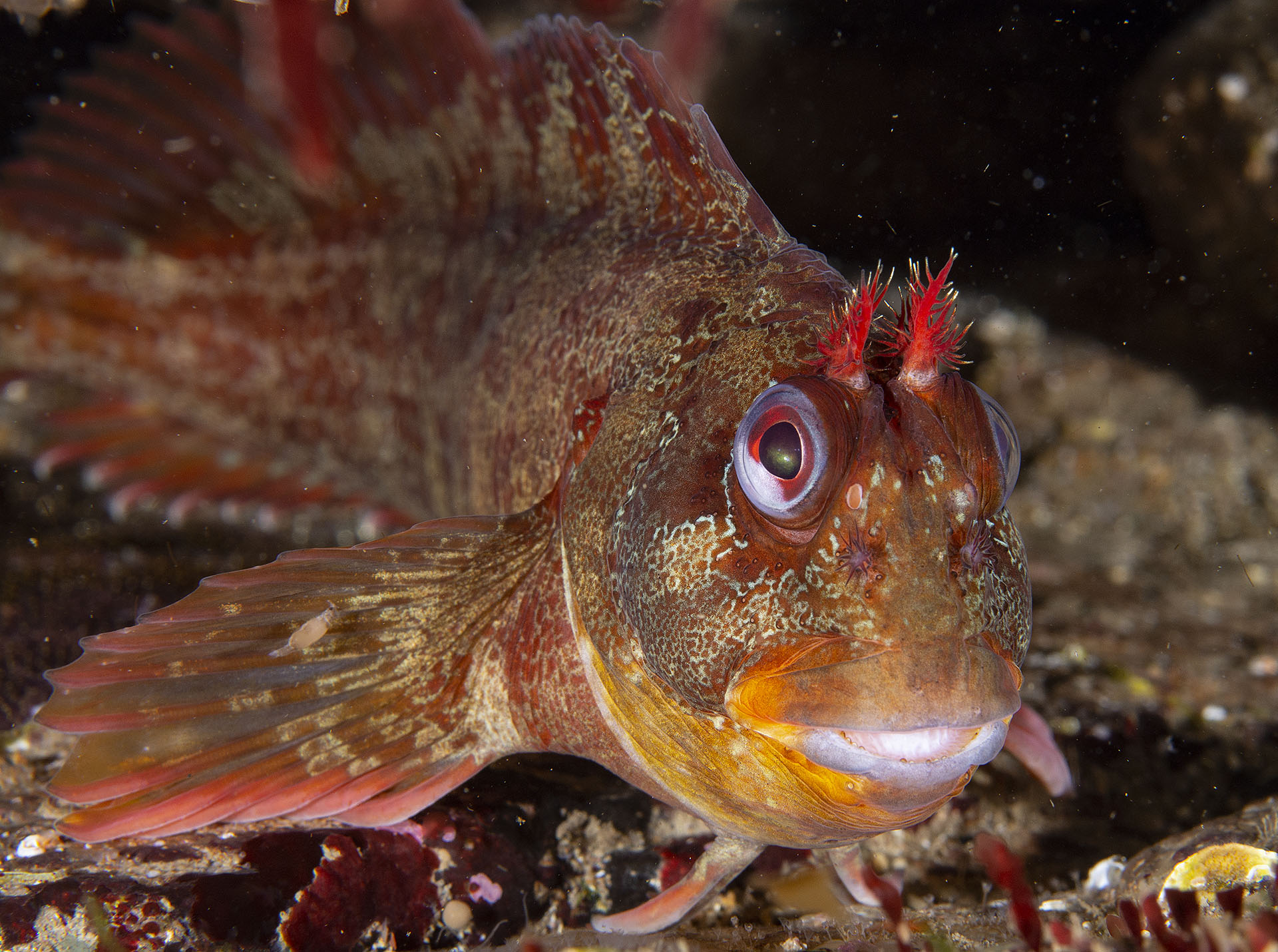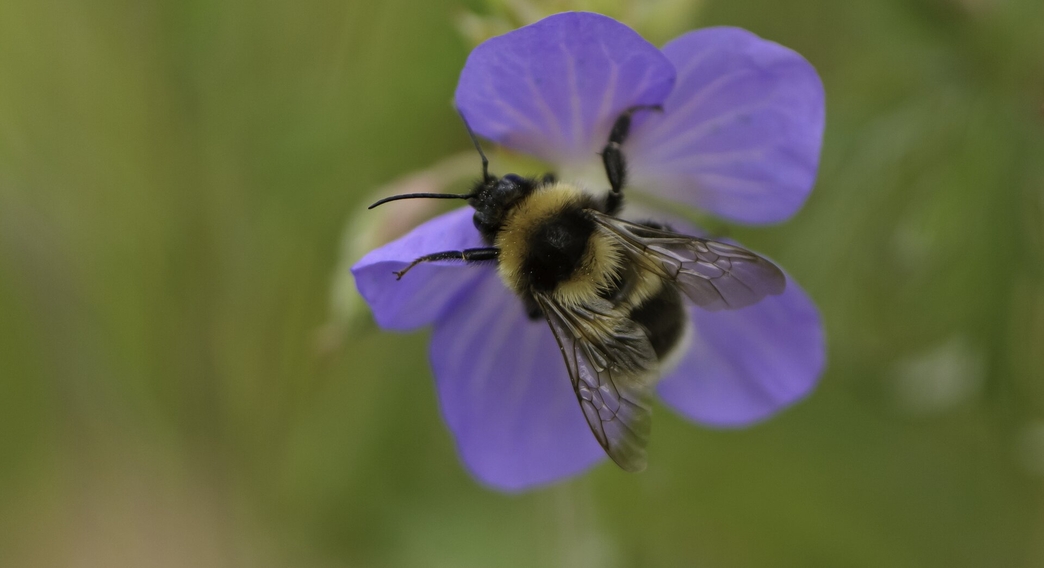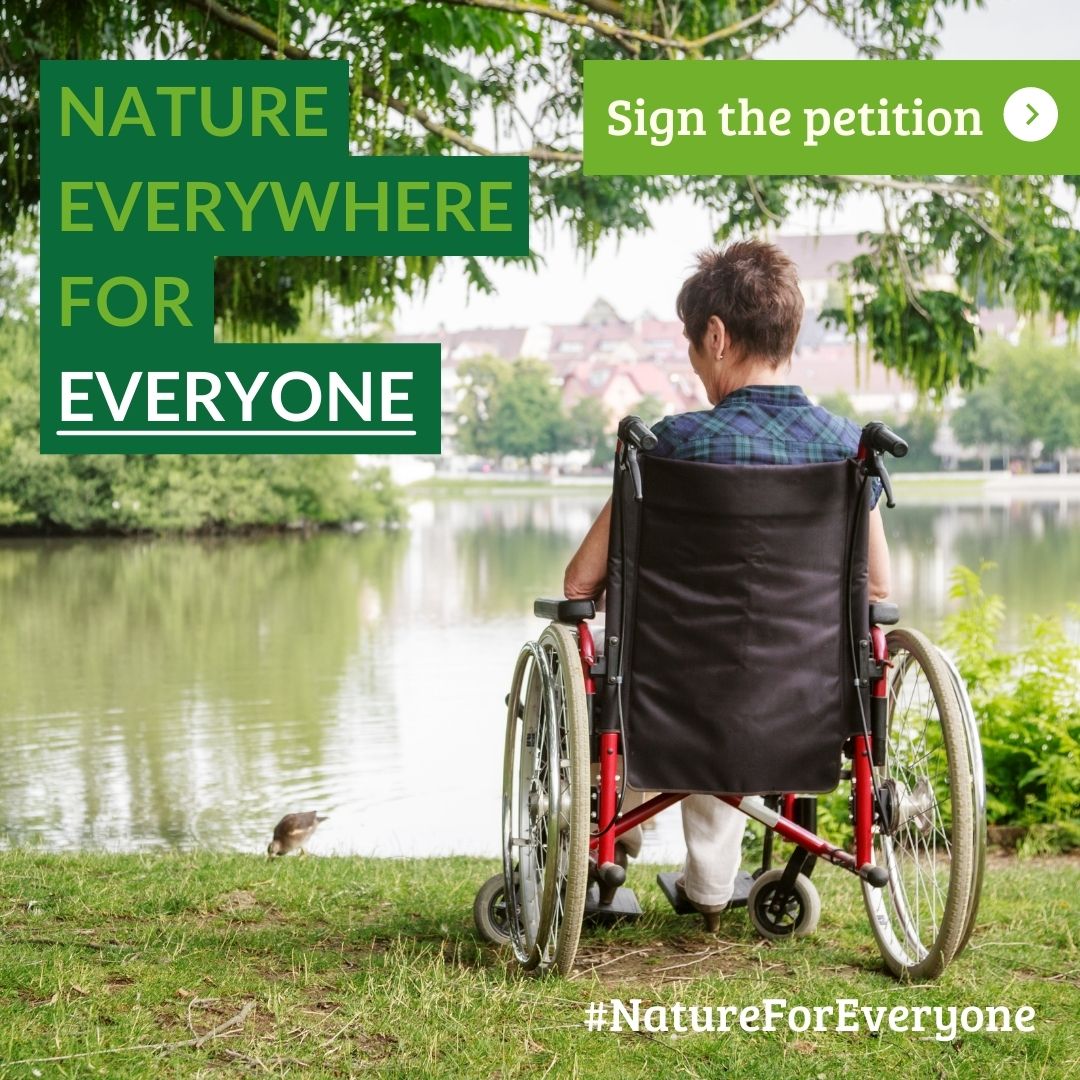We are extremely saddened by the death of Her Majesty The Queen and send our deepest sympathies to the Royal Family. Queen Elizabeth II dedicated her life to public service and was celebrated for her passion for the outdoors, the countryside and rural life, lending her support to the work of The Wildlife Trusts...
Peat sales to be banned by 2024
40 years of campaigning sees end to the destructive use of precious peat in gardens Ban will apply to peatsold in retail outlets in England Defra reveals that 95% of those who responded to its consultation were in favour of a complete retail sales ban Following campaigns run by The Wildlife Trusts and others,...
Avian flu – the latest symptom of our ailing ecosystems
This deadly disease is having a devastating effect on our already struggling wild bird populations. At this time of year, the UK’s cliffs and beaches are usually alive with the chaos and frenzied activity of thousands of nesting seabirds. However, this year, many of the same sites are now littered with dead and dying...
A sea full of superheroes
Forget Aquaman! Read on for the real superheroes in our seas… Earth’s mightiest heroes don’t wear capes or Lycra suits. They roam the land, soar through the skies, and swim through the seas. They’re wild wonders, armed with abilities we can only dream of. Some even use their powers to save the world, a...
New legal protections edge England closer towards wild beaver return
The Wildlife Trusts welcome new legislation and call for sensible beaver management guidance Defra has announced new legislation that will provide legal protections for beavers in England and could pave the way for the animals to be released into the wild under licence. The Wildlife Trusts welcome the protections for “nature’s engineers”, calling for...
New Highly Protected Marine Areas shortlisted
Joy as degraded ocean areas chosen for new gold standard of marine protection The first step has been taken towards the designation of England’s first Highly Protected Marine Areas (HPMAs) – as Defra announces a consultation on five proposed HPMAs. These will be the strongest ever protection measures for our seas. The Wildlife Trusts...
Government U-turn on promise to reform farming post-Brexit
New farming policy stripped of ambition to aid nature recovery The Government has broken its promise to reform farming post-Brexit. In its National Food Strategy published today, the Government’s commitment to provide a third of its farming budget for Landscape Recovery has been abandoned. In the run up to the publication of the new...
Poetry and film ignite Nextdoor Nature – a new nature legacy to mark the Queen’s Jubilee
George the Poet shines a light on new community rewilding projects led by the Tees Valley Wildlife Trust and funded by The National Lottery Today, George the Poet releases a new poem written for Nextdoor Nature – a ground-breaking community rewilding scheme which will be a natural legacy for the Queen’s Jubilee. Funded by...
New UK Government targets could mean less wildlife for future generations
Tees Valley Wildlife Trust urges people to take action for nature now On Monday 9th May it will be six months since the landmark Environment Act was passed – the first dedicated environmental legislation for nearly 30 years and the first time England has set legally binding targets for nature’s recovery. It is only...
Put your garden to the test!
Our two-minute survey can score your garden and offer ideas to make it even better for wildlife, but why is this so important? Compared to a vast forest or a flower-filled meadow, a garden might not seem all that wild. After all, how much life could a small patch of grass, a few flowers...
New campaign calls for a ‘legal right to local nature’ in Levelling Up reforms
Government levelling up plans will fail unless they include levelling up access to nature, warn 60+ organisations in a major new cross-sector campaign New research finds 85% of people in nature-deprived areas say more natural spaces would improve their quality of life 83% of Brits want greater protections to stop nature loss to development,...
Polecats, Ferrets and the American Mink
One native, one feral and one invasive. Could American mink halt the expansion of polecat range? Or is hybridisation with ferrets a bigger risk to their recovery? Naturally Native Project Officer Elliot Lea takes a closer look at the status of these three mustelids. European polecats, ferrets and American mink are all members of...
